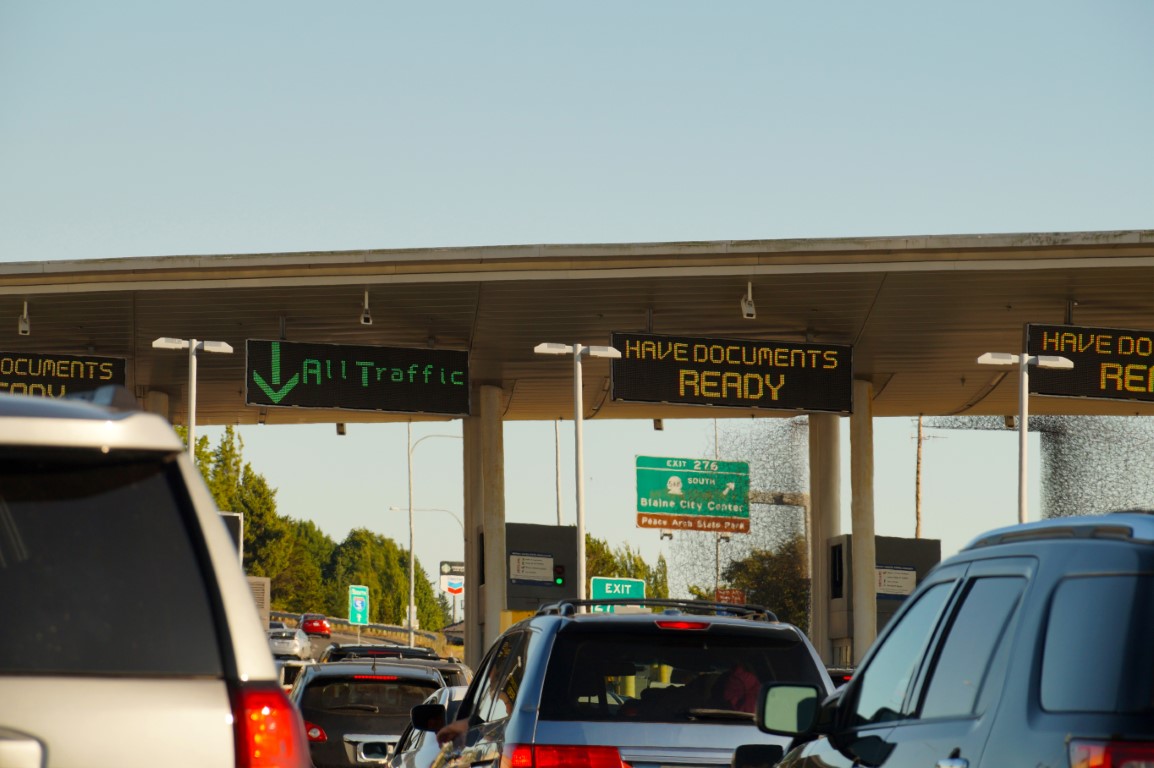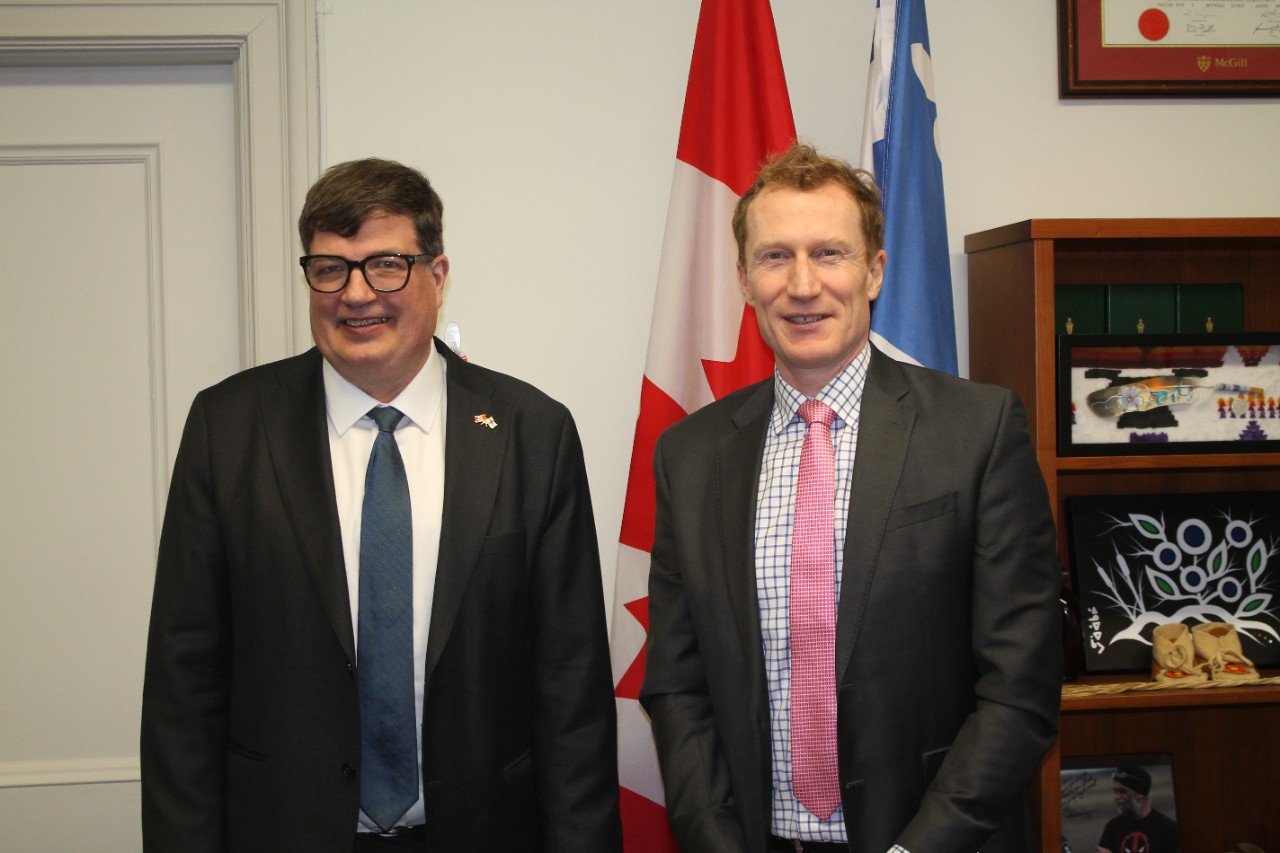In an effort to streamline and enhance the educational experience for international students in British Columbia (BC), a new provincial attestation letter system is set to be implemented. This initiative, effective from March 4, 2024, is a direct response to the requirements laid out by the federal Immigration, Refugees and Citizenship Canada (IRCC). The move underscores BC’s commitment to ensuring its post-secondary institutions remain accessible and appealing to students from across the globe, amidst changing regulatory landscapes.
Provincial Attestation Letter: A New Era for International Education in BC
The provincial letter of acceptance serves as a crucial document, bridging the gap between BC’s educational institutions and potential international students. Under the new system, only post-secondary organizations that meet specific eligibility criteria will be able to issue these letters, which are now mandatory for all new study permit applications. This change was announced by IRCC on January 22, 2024, marking a significant shift in how international student admissions are managed.
Lisa Beare, the Minister of Post-Secondary Education and Future Skills, emphasized the swift actions taken by the ministry to minimize any adverse impacts on both educational institutions and international students. “While we all agree that the status quo benefits no one – not students, not our communities – federal limits fail to consider the unique environment of British Columbia. We will continue to work with the federal government to ensure any subsequent changes take into account the needs of British Columbia so we can have BC-made solutions that properly align with our collective goals.”
This new attestation system aims to act as proof that an applicant has been considered within the maximum allotment set by the federal government. Institutions utilizing their full allotment will be unable to submit additional applications until new allocations are issued for the following year.
Allocations and Expectations
For 2024, BC has been allocated 83,000 study permit applications for post-secondary students, a decrease from the approximately 97,000 applications in 2023. This is expected to result in about 50,000 approved study permits, down from 60,000 in the previous year. The allocation split stands at 53% for public post-secondary institutions and 47% for private entities, reflecting an emphasis on supporting public institutions while managing growth sustainably.
Ravi Parmar, Parliamentary Secretary for International Education, stated, “Our government is acting timely to ensure that there is as little disruption as possible due to the new federal requirements and limitations on international visa applications. We will continue to implement a series of actions recently announced by the government to enhance the quality of post-secondary education while maintaining and strengthening BC’s reputation, and delivering the quality that British Columbians expect and international students deserve.”
Impact on Educational Institutions
The allocation strategy aims to ensure that public post-secondary institutions with sustainable international enrollment can maintain their international student programs. In contrast, private institutions pursuing unsustainable growth will face the most significant impact, receiving 27% fewer study permit applications in 2024 compared to 2023.
Most new study permit applications from international undergraduate and postgraduate students in non-degree programs will now require a provincial attestation letter. However, certain applicants are exempt from this requirement, including elementary and secondary students, master’s or PhD students, students already in Canada on a valid study permit or work permit, and those who submitted applications before 8:30 AM EST on January 22, 2024.
The introduction of the provincial letter of acceptance system represents a pivotal moment in BC’s approach to international education. By aligning with federal requirements while addressing the unique needs of the province, BC aims to ensure high-quality education for international students and protect them from exploitation. This initiative is part of a broader effort to adapt programs to better meet BC’s labor market demands and enhance student protections.












